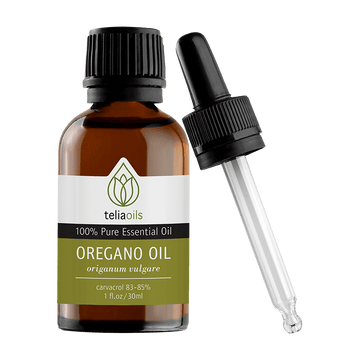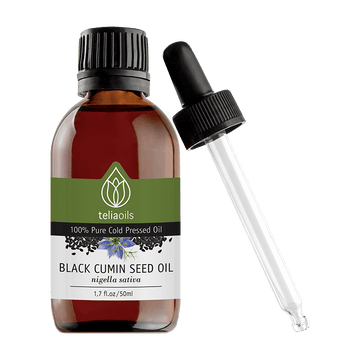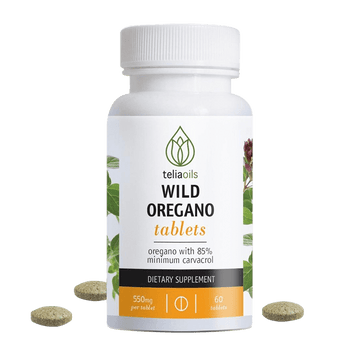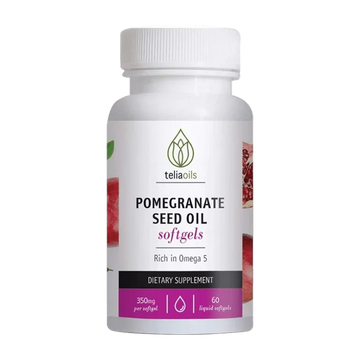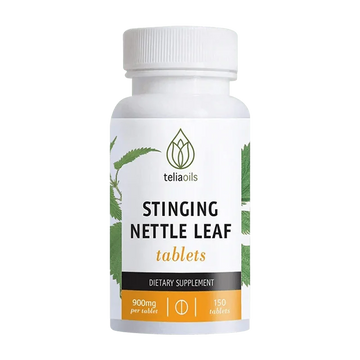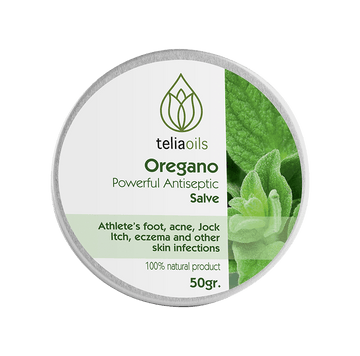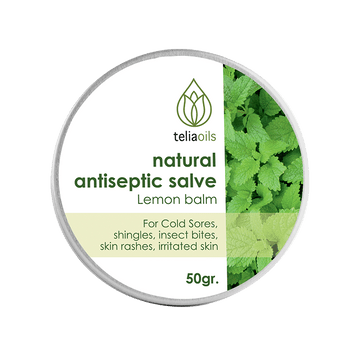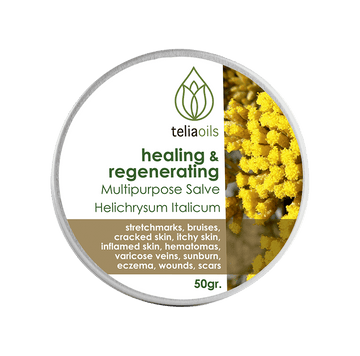Beeswax vs. Linseed Oil vs. Tung Oil: Which Natural Wood Conditioner is Best?
by Dimitris Zikos on Aug 25, 2025

Wood furniture and surfaces require proper conditioning to stay protected, hydrated, and visually appealing. While there are many products available, natural wood conditioners like beeswax, linseed oil, and tung oil have been trusted for centuries to preserve and enhance wood.
Why Use a Natural Wood Conditioner
Over time, wood dries out due to exposure to sunlight, humidity changes, and daily use. Without proper care, this can lead to cracks, loss of natural shine, warping, and a dull appearance. Applying a natural wood conditioner nourishes the wood, protects it from damage, and extends its lifespan while maintaining its beauty.
Beeswax: The Natural Wood Preserver
Beeswax is a popular choice for conditioning wood because it is completely natural and non-toxic. It forms a protective layer on the surface, repelling moisture while keeping the wood hydrated. It provides a smooth finish and helps prevent scratches without altering the wood’s natural color.
One of its greatest advantages is that it is food-safe, making it ideal for cutting boards, wooden utensils, and furniture in homes with children or pets. It is easy to apply, requiring only a cloth to rub it into the wood, followed by buffing. However, beeswax does not penetrate deep into the wood, so it needs to be reapplied more frequently than oils. It is best for wood surfaces that need regular maintenance but do not require extreme durability.
Linseed Oil: A Traditional Wood Conditioner
Linseed oil is derived from flaxseed and is known for its ability to deeply penetrate wood fibers. It strengthens and restores dried-out wood, making it a great choice for revitalizing old furniture, floors, and wooden doors. It enhances the natural grain, giving the wood a richer and more pronounced appearance.
While linseed oil provides deep nourishment, it takes time to dry and requires multiple coats for long-lasting protection. Some variations of linseed oil contain chemical additives, so it is important to choose raw or cold-pressed linseed oil for a completely natural finish. It is best suited for large wooden structures and furniture that need deep restoration.
Tung Oil: The Most Durable Natural Finish
Tung oil is known for its durability and water-resistant properties. Extracted from the nuts of the tung tree, it hardens into a tough, protective finish that makes it highly resistant to moisture, scratches, and wear. It provides a beautiful glossy sheen while enhancing the wood’s natural color.
Unlike beeswax and linseed oil, tung oil requires multiple coats and a long drying time between applications. It is best for outdoor furniture, wooden countertops, boat decks, and any wood surface exposed to heavy use or moisture. While it takes longer to apply, the results are long-lasting and provide excellent protection.
Which Wood Conditioner is Best for You
The best choice depends on the type of wood and its intended use. Beeswax is ideal for furniture that needs regular maintenance and a natural finish. Linseed oil is perfect for deeply penetrating and restoring dry wood, while tung oil is the best option for those seeking a long-lasting and water-resistant finish.
How to Apply Natural Wood Conditioners
Regardless of which product you choose, proper application is key to achieving the best results. Start by cleaning the wood surface with a soft cloth to remove any dust or debris. Apply a thin layer of the conditioner using a cloth or brush, ensuring even coverage. Allow the conditioner to absorb into the wood. Beeswax can be buffed immediately for a polished look, while linseed oil and tung oil require longer drying times between coats.
Each natural wood conditioner has its strengths. Beeswax is best for everyday wood maintenance, linseed oil works well for deep restoration, and tung oil provides maximum durability and water resistance. Choosing the right one depends on your specific wood care needs.

